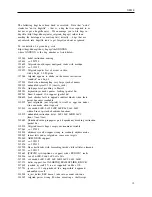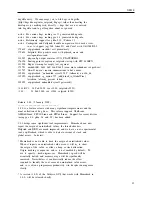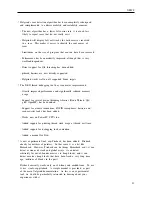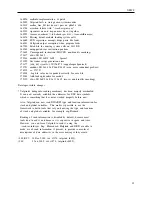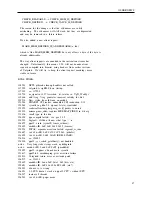
NEWS
* Helgrind’s race detection algorithm has been completely redesigned
and reimplemented, to address usability and scalability concerns:
- The new algorithm has a lower false-error rate: it is much less
likely to report races that do not really exist.
- Helgrind will display full call stacks for both accesses involved
in a race.
This makes it easier to identify the root causes of
races.
- Limitations on the size of program that can run have been removed.
- Performance has been modestly improved, although that is very
workload-dependent.
- Direct support for Qt4 threading has been added.
- pthread_barriers are now directly supported.
- Helgrind works well on all supported Linux targets.
* The DRD thread debugging tool has seen major improvements:
- Greatly improved performance and significantly reduced memory
usage.
- Support for several major threading libraries (Boost.Thread, Qt4,
glib, OpenMP) has been added.
- Support for atomic instructions, POSIX semaphores, barriers and
reader-writer locks has been added.
- Works now on PowerPC CPUs too.
- Added support for printing thread stack usage at thread exit time.
- Added support for debugging lock contention.
- Added a manual for Drd.
* A new experimental tool, exp-Ptrcheck, has been added.
Ptrcheck
checks for misuses of pointers.
In that sense it is a bit like
Memcheck.
However, Ptrcheck can do things Memcheck can’t: it can
detect overruns of stack and global arrays, it can detect
arbitrarily far out-of-bounds accesses to heap blocks, and it can
detect accesses heap blocks that have been freed a very long time
ago (millions of blocks in the past).
Ptrcheck currently works only on x86-linux and amd64-linux.
To use
it, use --tool=exp-ptrcheck.
A simple manual is provided, as part
of the main Valgrind documentation.
As this is an experimental
tool, we would be particularly interested in hearing about your
experiences with it.
33

